Vitamin C, ascorbic acid is one of the vitamins required for excellent health. We can get it from foods like fruits or vegetables, or we can take supplements, as humans are incapable of producing vitamin C themselves.
Regular vitamin C is water-soluble and therefore only found in water-based compartments such as the blood. Its absorption rate is lower.
This is where liposomal vitamin C comes in handy. Liposomal vitamin C improves the absorption rate of vitamin C thanks to its unique molecular characteristics as a result of its ability to diffuse into fatty tissues.
In addition, this type of vitamin C is thought to be more bioavailable than other varieties. Increased bioavailability of vitamin C is thought to support healthy immune system functioning, wound healing, and collagen production, among other things, by promoting antioxidant proliferation and scavenging free radicals, lowering oxidative stress and reducing inflammation. Read on to find out more about liposomal vitamin C.
What is liposomal vitamin C?
Liposomal vitamin C is a form of vitamin C that’s specially formulated to be taken in by the body more efficiently. The liposomes in related supplement products have a lipid coating that imitates the same coating found on cell membranes in your body. This ensures a safe journey through your digestive tract and quick absorption through the intestinal lining and into your bloodstream.
Other distinctions of vitamin C can only diffuse into the cell membrane when merged with other molecules called lipids. This makes it difficult for vitamin C to reach its destination in the body. Common vitamins like vitamins B12 and D also have trouble diffusing into the cell membrane due to size and shape.
What is a liposome?
A liposome is a small, artificial spherical vesicle that contains one or more active chemicals. Some liposomes contain ingredients such as water, oil, and surfactants. Liposomes are often applied in cases where consumers look for “beauty from within” and are relatively uncomplicated to formulate and incorporate into a mainstream product. They serve as a delivery medium for active ingredients, enhancing the efficacy of the product by targeting specific areas of the body.
Liposome-encapsulated supplements are made to be as easy to absorb as possible by getting around the barriers that stop nutrients from being absorbed.
How does liposomal delivery technology increase nutrient absorption?
Liposomal delivery technology augments nutrient absorption by bypassing the liver and delivering the active ingredients directly to flowing blood. Liposomes principally trap active ingredients inside small vesicles, which are then released into the bloodstream and cued to get metabolized and eventually excreted out.
How do liposomal vitamin C supplements work and what are the benefits of increased absorption?
Liposomal vitamin C is a unique delivery agent that conveys more active vitamin C to the cells and tissues in your body. Thankfully, this opens the doors to many health benefits, such as the following:
Reinforced anti-inflammatory response: Vitamin C may help reduce inflammation throughout the body, which can contribute to improved health and well-being.
Decreased oxidative stress: Liposomal vitamin C may help protect against oxidative stress by neutralizing free radicals throughout the body. This can contribute to long-term health benefits, such as decreasing your risk of chronic disease.
Improved wound healing and collagen production: By carrying more active vitamin C to the cells and tissues in your body, liposomal vitamin C may help advance overall skin health. This can include improved skin tone, hydration, and firmness.
Immune system support: Liposomal vitamin C may help support healthy immune function by delivering more active vitamin C to the cells and tissues.
What to look for in a liposomal vitamin C product
There are a few things you should look for in a liposomal vitamin C product. First, it should have non-GMO sunflower lecithin as opposed to soy lecithin. The reason why non-soy lecithin is important is because soy lecithin contains phytoestrogens, which may disrupt your hormone balance and can also interrupt your liver’s functions.
Second, that it lists phosphatidylcholine on the Nutrition Facts panel. The reason why you want phosphatidylcholine in the product is because it helps the delivery system by which vitamin C is transported across the blood-brain barrier into the brain, thereby shielding your brain cells from free radicals to a certain extent.
Third, stay away from bogus liposomal products that are just blends of sodium ascorbate and soy lecithin. These products are not real liposomes composed of phospholipids that encapsulate nutrients (liposomes) but are really just blends. Using these products is very likely to make you vomit, feel sick, and experience stomach pain in the long run.
Conclusion
The delivery system of liposomal vitamin C makes the vitamin more readily absorbed by the skin and therefore more effective. To concurrently improve your wellbeing and boost your immunity, use a dependable liposomal vitamin C supplement on the market. Reach out to us to learn more and acquire the quality-assured Rho Nutrition products we offer today.
Dr. Naheed Ali, MD, PhD, is a physician by education and a writer by choice since 2005. He earned an MD degree in 2008 and later completed Harvard Medical School's lifestyle medicine training in 2012, before obtaining a PhD in holistic health elsewhere in 2013. He brings more than 15 years of experience writing remotely and has more than 15 years of health-related publications to his credit.
References:
Valdés F. Vitamina C [Vitamin C]. Actas Dermosifiliogr. 2006;97(9):557-568.
Lecithin. In: Drugs and Lactation Database (LactMed). Bethesda (MD): National Library of Medicine (US); September 20, 2021.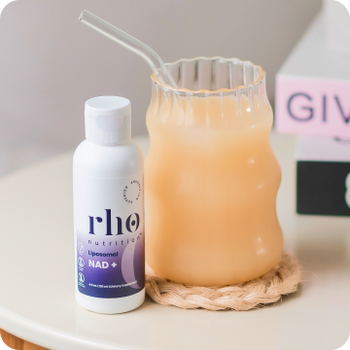

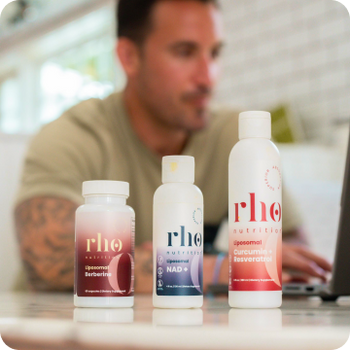
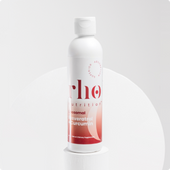
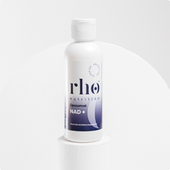


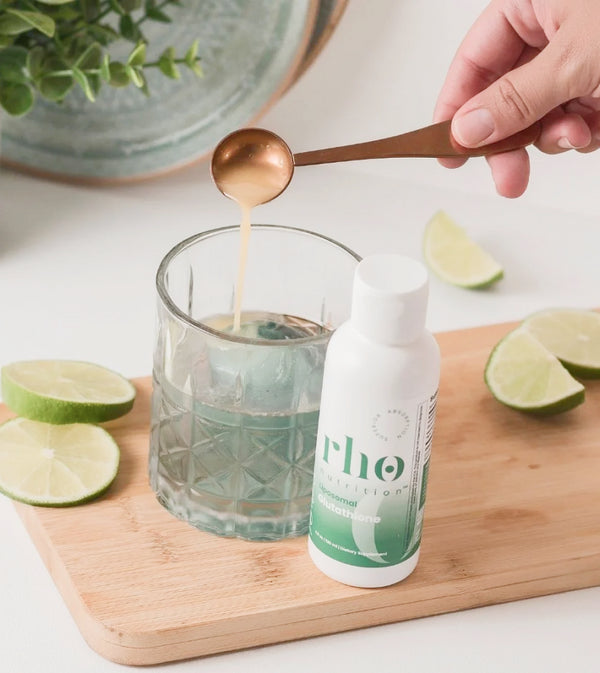
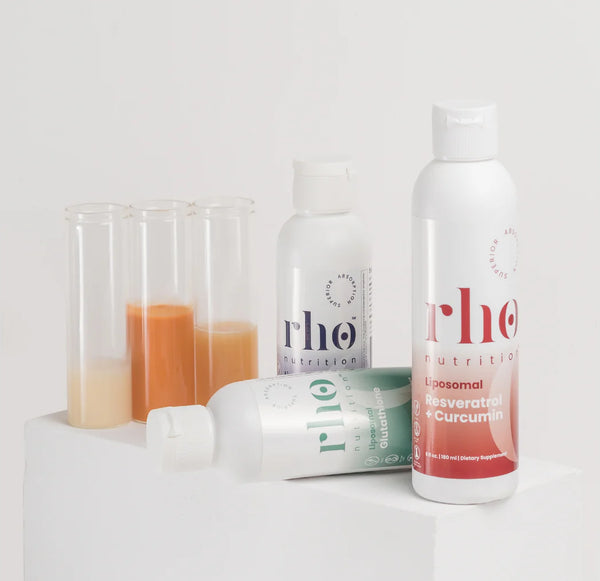
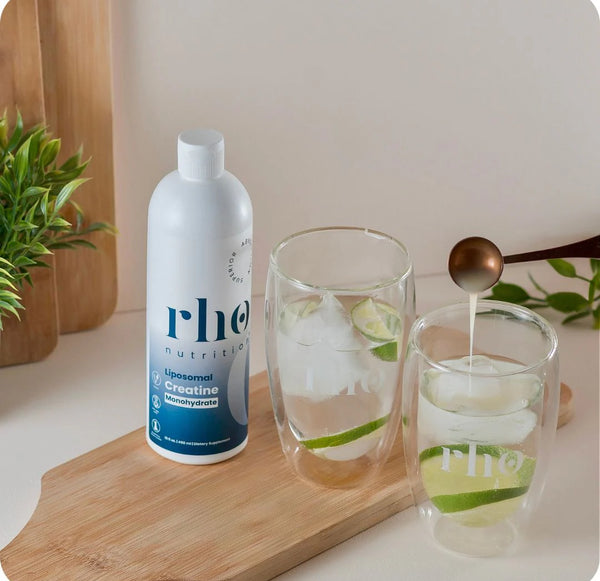



Leave a comment